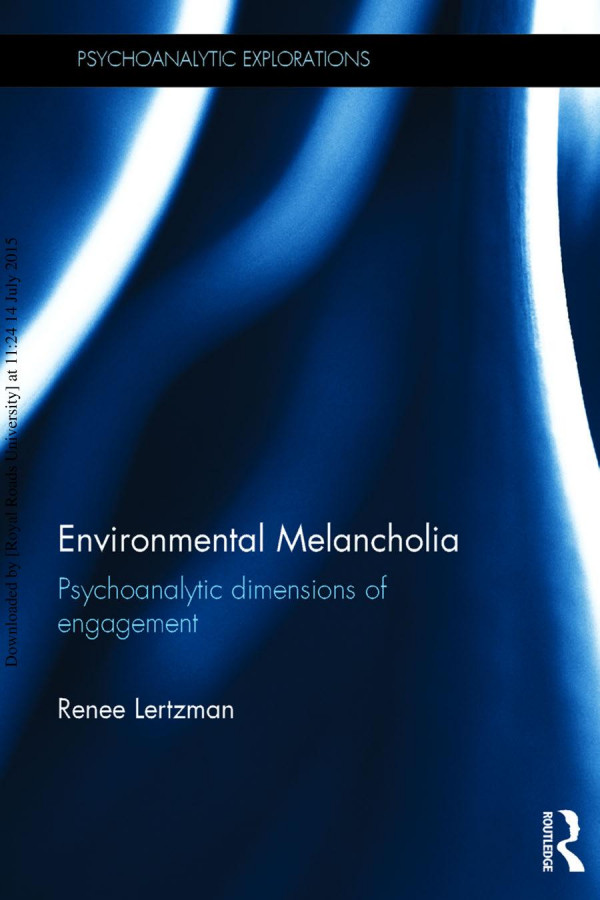

Most ebook files are in PDF format, so you can easily read them using various software such as Foxit Reader or directly on the Google Chrome browser.
Some ebook files are released by publishers in other formats such as .awz, .mobi, .epub, .fb2, etc. You may need to install specific software to read these formats on mobile/PC, such as Calibre.
Please read the tutorial at this link: https://ebookbell.com/faq
We offer FREE conversion to the popular formats you request; however, this may take some time. Therefore, right after payment, please email us, and we will try to provide the service as quickly as possible.
For some exceptional file formats or broken links (if any), please refrain from opening any disputes. Instead, email us first, and we will try to assist within a maximum of 6 hours.
EbookBell Team

5.0
20 reviewsIn this groundbreaking book, Renee Lertzman applies psychoanalytic theory
and psychosocial research to the issue of public engagement and public apathy
in response to chronic ecological threats. By highlighting unconscious and
affective dimensions of contemporary ecological issues, Lertzman deconstructs
the idea that there is a gap between what people care about and what is actually
carried out in policy and personal practice. In doing so, she presents an
innovative way to think about and design engagement practices and policy
interventions.
Based on key qualitative fieldwork and in-depth interviews conducted in
Green Bay, Wisconsin, each chapter provides a psychosocial, psychoanalytic perspective
on subjectivity, affect and identity and considers what this means for
understanding behaviour in relation to environmental crises and climate change.
The book argues for a theory of environmental melancholia that accounts for
the ways in which people experience profound loss and disruption caused by
environmental issues and yet may have trouble expressing or making sense of
such experiences.
Environmental Melancholia offers a fresh perspective to the field of environmental
psychology that until now has been largely dominated by research in cognitive,
behavioural and social psychology. It will appeal to academics, researchers
and postgraduate students in the fields of psychoanalysis, psychosocial studies
and sustainability, as well as policy makers and educators internationally.